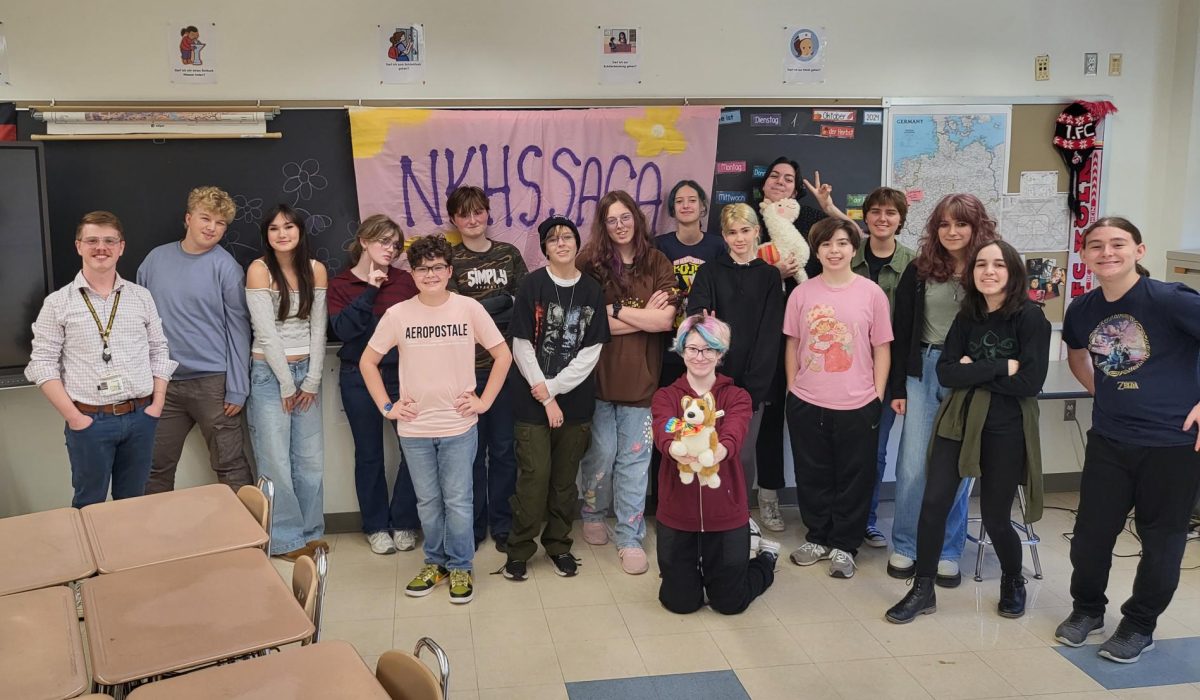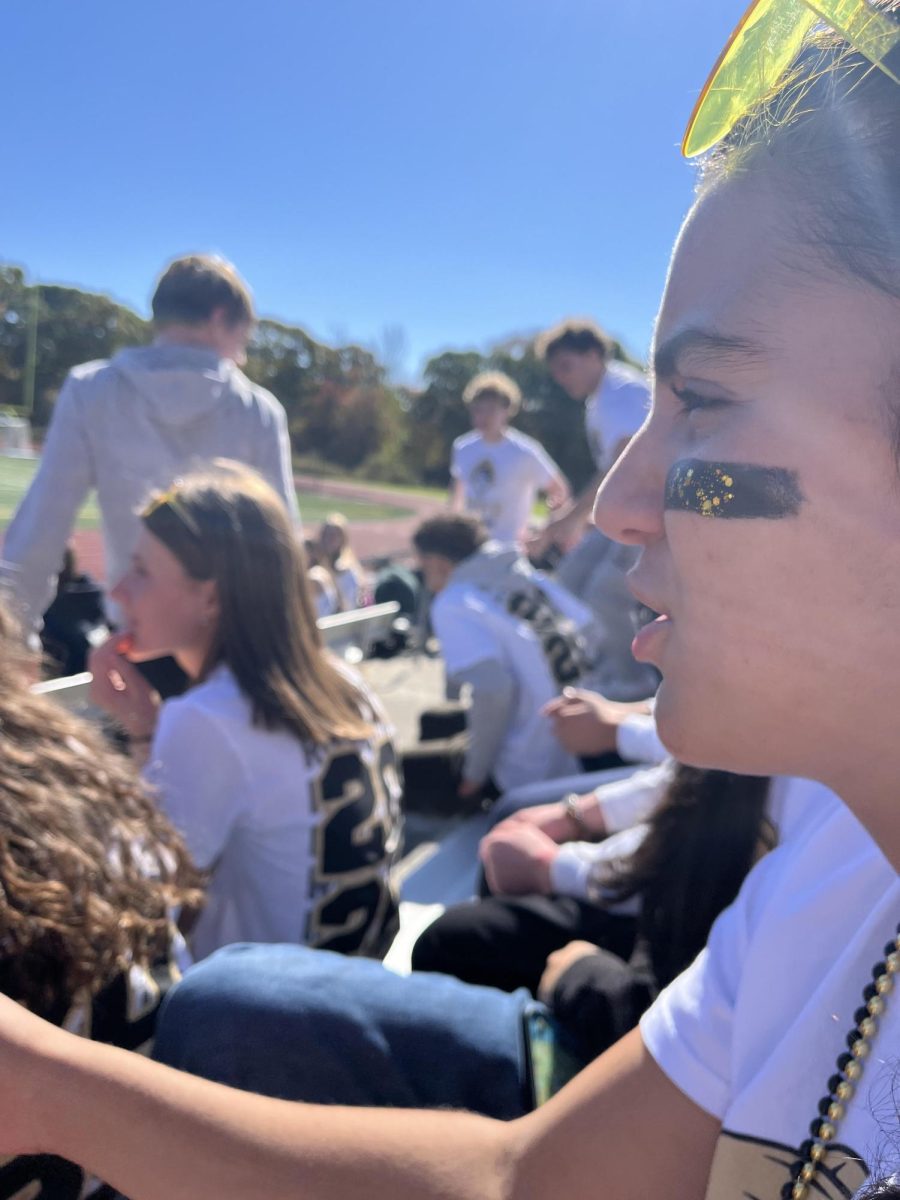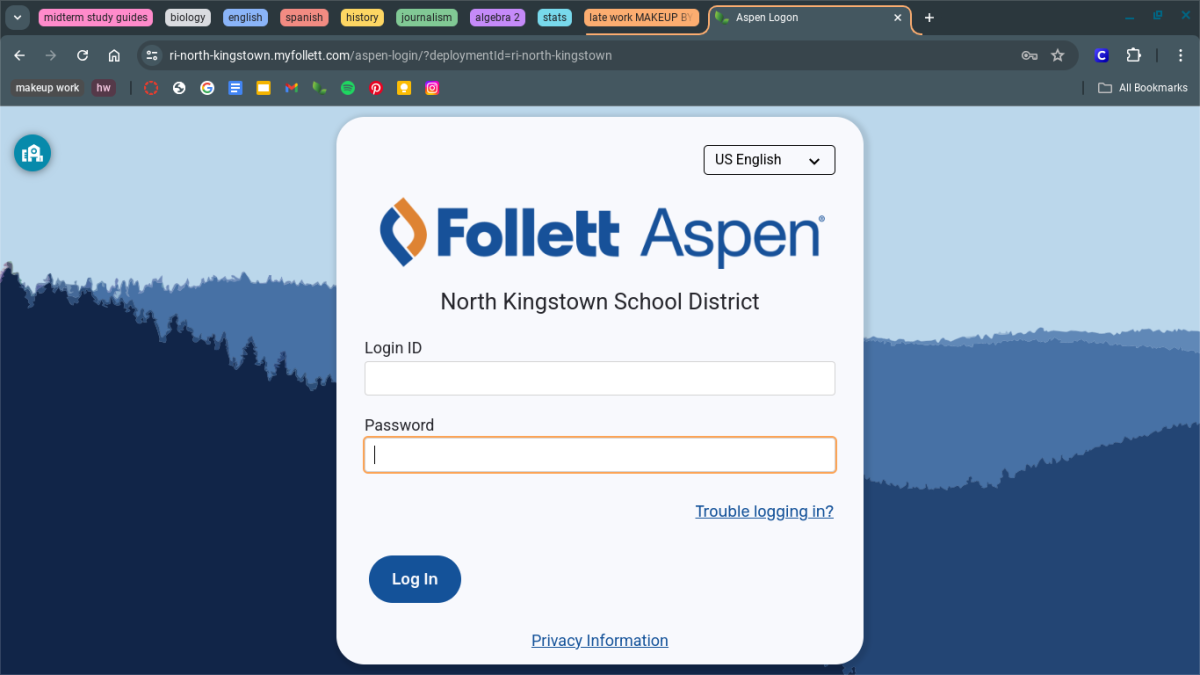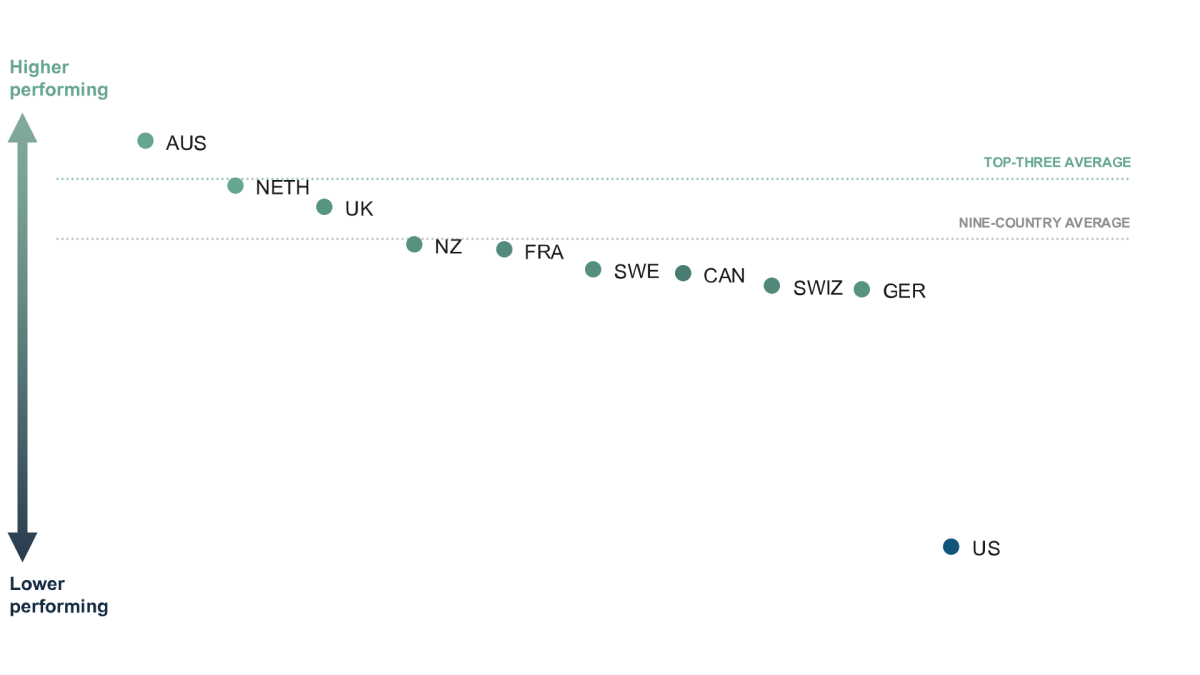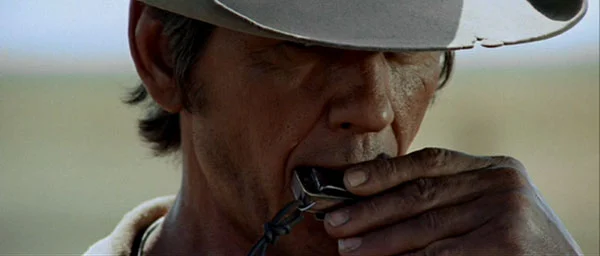NKHS has the “jitter bug”

Annabel Lee with her daily coffee
In a fast-paced nation, high energy becomes essential in many situations. How we get our daily caffeine is no longer just limited to coffee and tea, but has expanded to soda, energy drinks, and even medication. With many sources of caffeine all within easy access to consumers, there is growing concern about the dependency on coffee, tea, and energy drinks.
Sophomore Annabel Lee drinks caffeinated beverages on a regular basis. “I breathe coffee,” Lee said. “I rely on it to keep myself awake.” Lee is also is an avid tea drinker, and even carries extra tea bags in her purse.
Lee normally drinks 2-3 cups of coffee a day and with schoolwork and athletics as her top priorities, Lee admits a cup of coffee or tea is necessary to stay on top of her busy schedule.
Some students are more casual caffeine consumers, such as Senior Francesca Mania. She drinks English breakfast tea daily, and has coffee about once a month. “It’s a routine for me,” Mania said. “[I find it] soothing.”
Tea is a common choice for those who do not favor coffee, and contains the least amount of caffeine out of typical caffeinated beverages. According to Mayo Clinic, in an 8 oz. cup there is 17-40 mg of green tea and 24-70 mg in black tea, while a cup of coffee contains 95-200 mg of caffeine. A typical 8 oz. energy drink, such as Redbull or Rockstar, has around 75-80 mg of caffeine, but in 2 oz. of a Five Hour Energy shot there is a high amount of caffeine, about 200-207 mg.
Energy drinks are another popular caffeinated drink, and a go-to choice for senior Daniel Erwin. [Coffee and energy drinks] help to wake up and stay awake longer.”
In the morning, Erwin usually has a cup of coffee and at night he’ll have an energy drink, either Redbull or Rockstar.
Physics teacher Mr. John Daneau first began drinking tea in college, and first avoided coffee because it would often leave him with a stomachache, but began drinking coffee later in his life. “I never started drinking coffee until I started working here. I needed the extra energy,” said Daneau.
This is a frequent theme with those who have caffeine; they have caffeine to give them extra energy. There is a downfall though, after relying on caffeine, over time it will become less effective and it will take larger amounts of caffeine to feel energized.
There is concern with the dependency on caffeine, especially in teenagers. According to Mayo Clinic, adults should not have more than 400 mg of caffeine a day. Exceeding that limit may mean suffering through restlessness, irritability, an upset stomach, abnormal heart rhythms, muscle tremors, and insomnia. Caffeine also has the ability to alter the effects of certain medication.
However, there is a positive side to drinking some caffeinated beverages. There has been recent finding about the health benefits of coffee. A recent study featured on HeathDay shows that people who drank 1-5 cups of coffee daily during the study were 15 percent less likely of dying. There is also evidence that coffee may help low the risk of heart disease, and neurological conditions such as Parkinson’s Disease.
Between the positives and the negatives of caffeine consumption, it comes down to personal preference. Some may thrive on energy drinks and other may prefer a simple cup of tea in the morning. Whatever it may be, Lee sums it up with a short statement. “Between it all there’s a lot of caffeine.”
Your donation will support the student journalists of North Kingstown High School. Your contribution will allow us to distribute a print edition of the Current Wave to all students, as well as enter journalism competitions.

